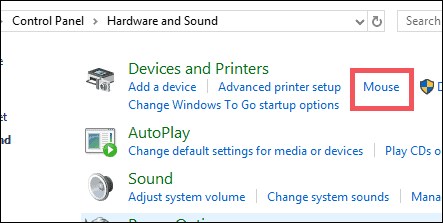
/mousepointerspeed_Alexsl_Eplus_Getty-2b9dce06d7e340b0aedf8d901738c971.jpg)
Cancer immunotherapy has risen from peripheral use to a front-line clinical treatment in just over a decade with several immuno-oncology drugs approved e.g.

Programmable half-life extension facilitated by this albumin platform potentially offers long-lasting effects, better patient compliance and a method to tailor pharmacokinetics to maximise therapeutic efficacy and safety of immuno-oncology targeted biologics.Ĭancer is a major cause of death with more than 1.8 million new cases estimated to be diagnosed in 2020 in the United States alone 1. Furthermore, greater growth inhibition of EGFR-positive BRAF mutated tumours was measured following a single dose of Albu-LiTE-HB construct compared to the Fc-less LiTE format and a full-length anti-EGFR monoclonal antibody in a new AlbuMus RAG1 knockout model introduced in this work. We show in vitro cognate target engagement, T-cell activation and discrimination in cellular cytotoxicity dependent on EGFR expression levels. We demonstrate in a humanised FcRn/albumin double transgenic mouse model (AlbuMus) the ability to tune half-life based on the albumin sequence fused with a BiTE-like bispecific (anti-EGFR nanobody x anti-CD3 scFv) light T-cell engager (LiTE) construct.

This work introduces a programmable serum half-life extension platform based on fusion of human albumin sequences engineered with either null (NB), wild type (WT) or high binding (HB) FcRn affinity combined with a bispecific T-cell engager. Fc-less bispecific T-cell engagers have reached the immuno-oncology market but necessitate continual infusion due to rapid clearance from the circulation.


 0 kommentar(er)
0 kommentar(er)
